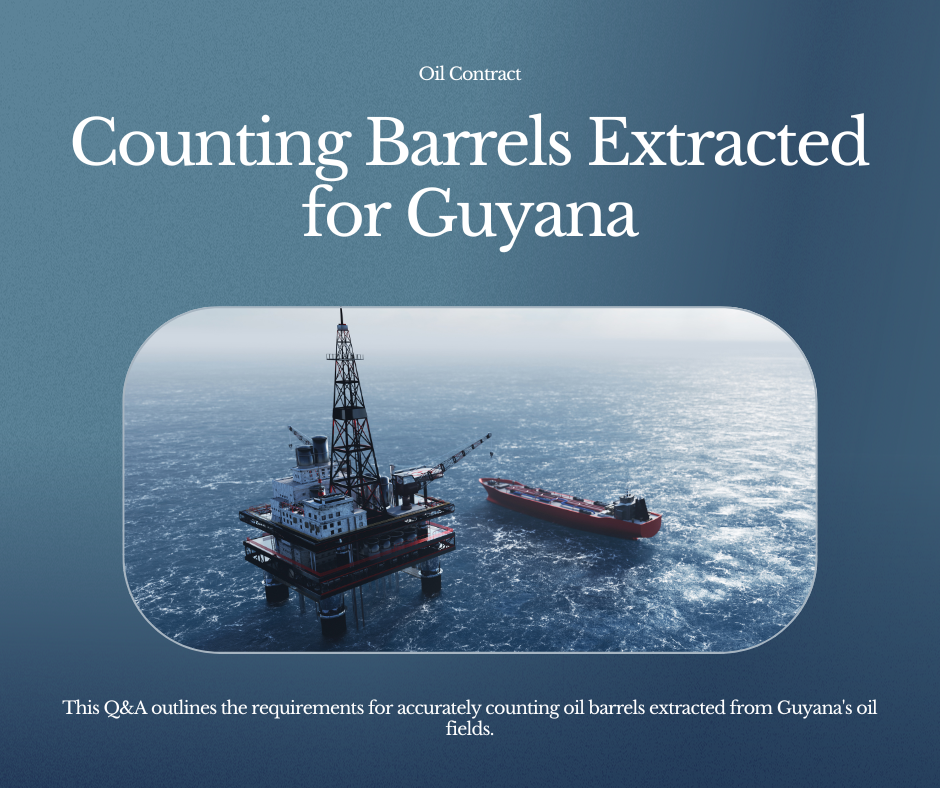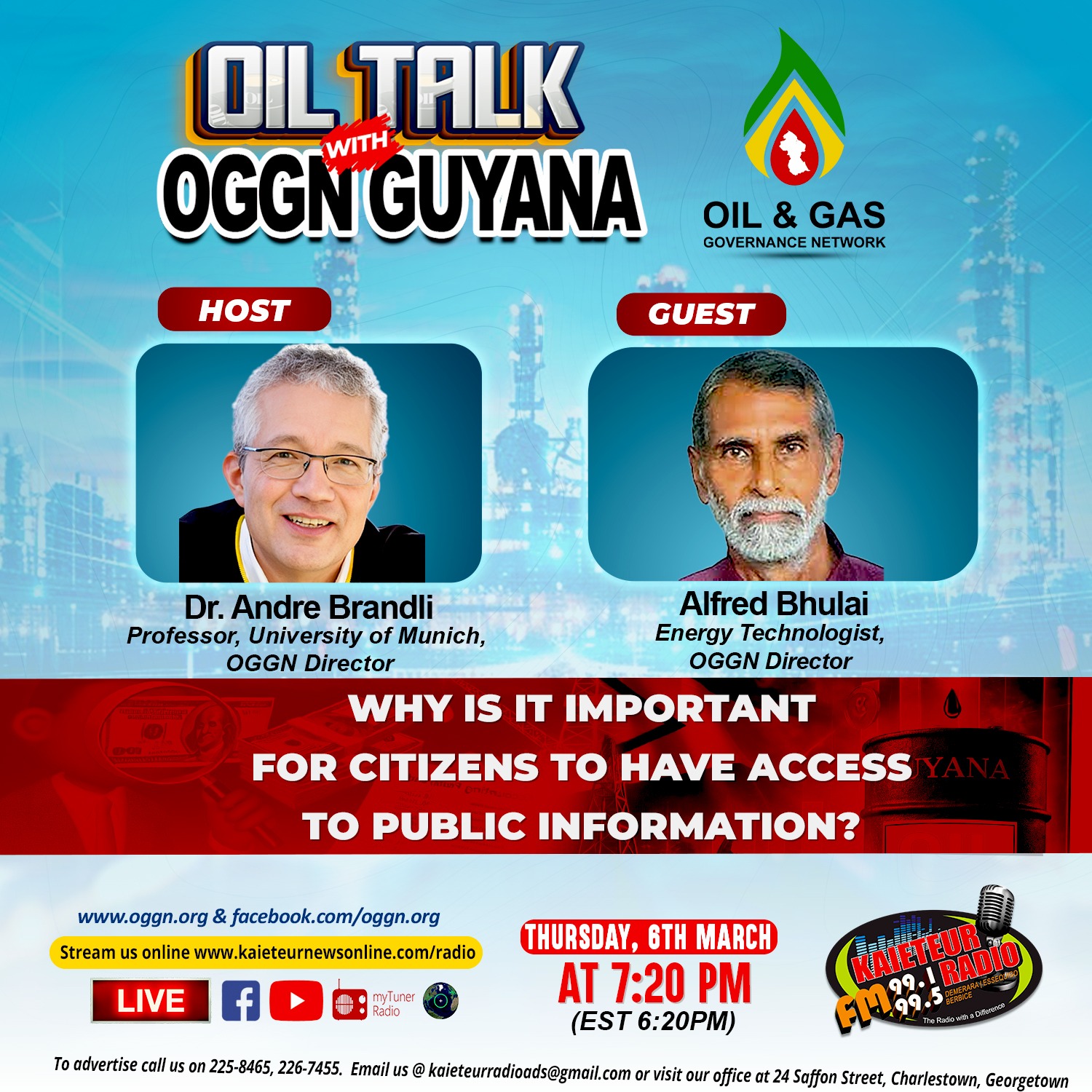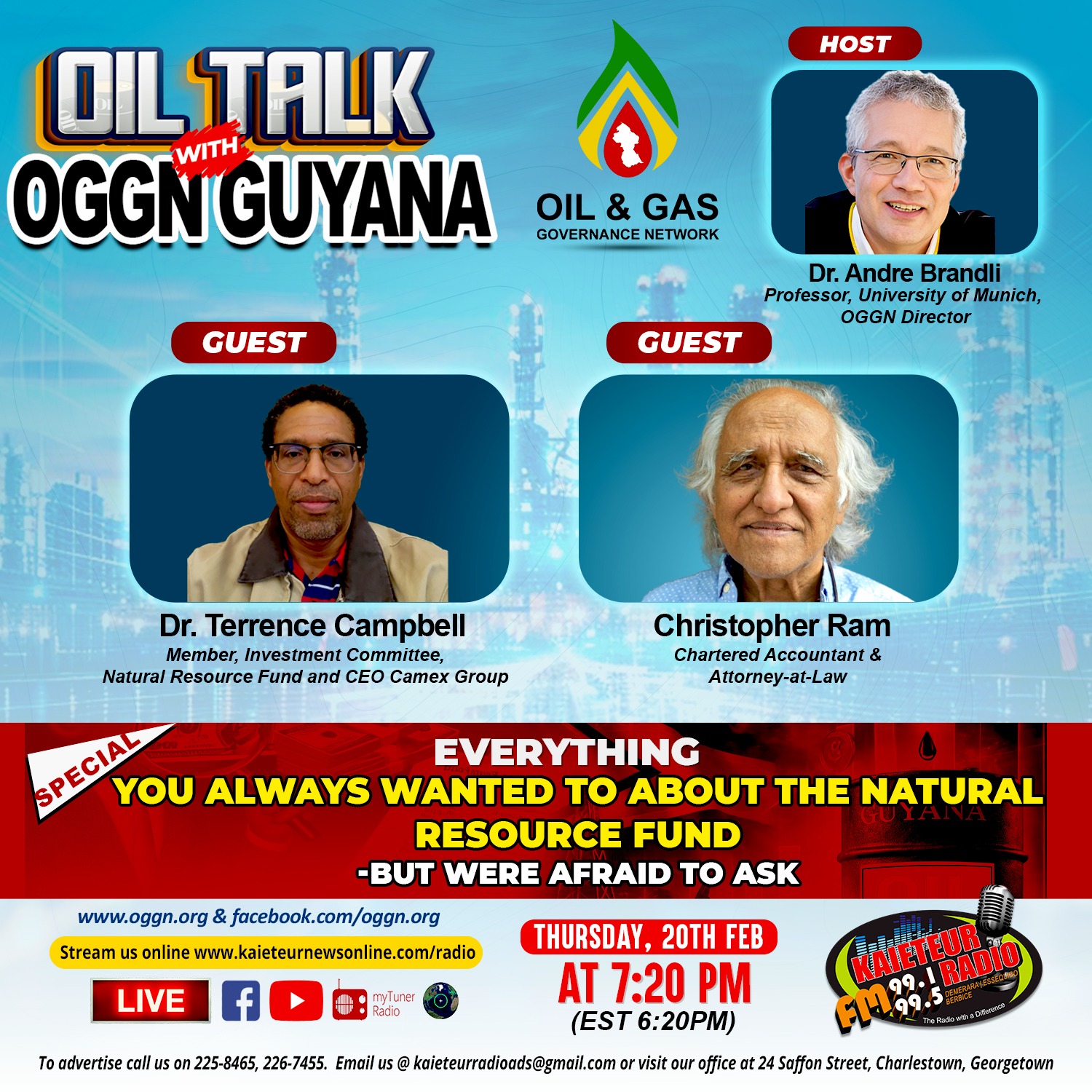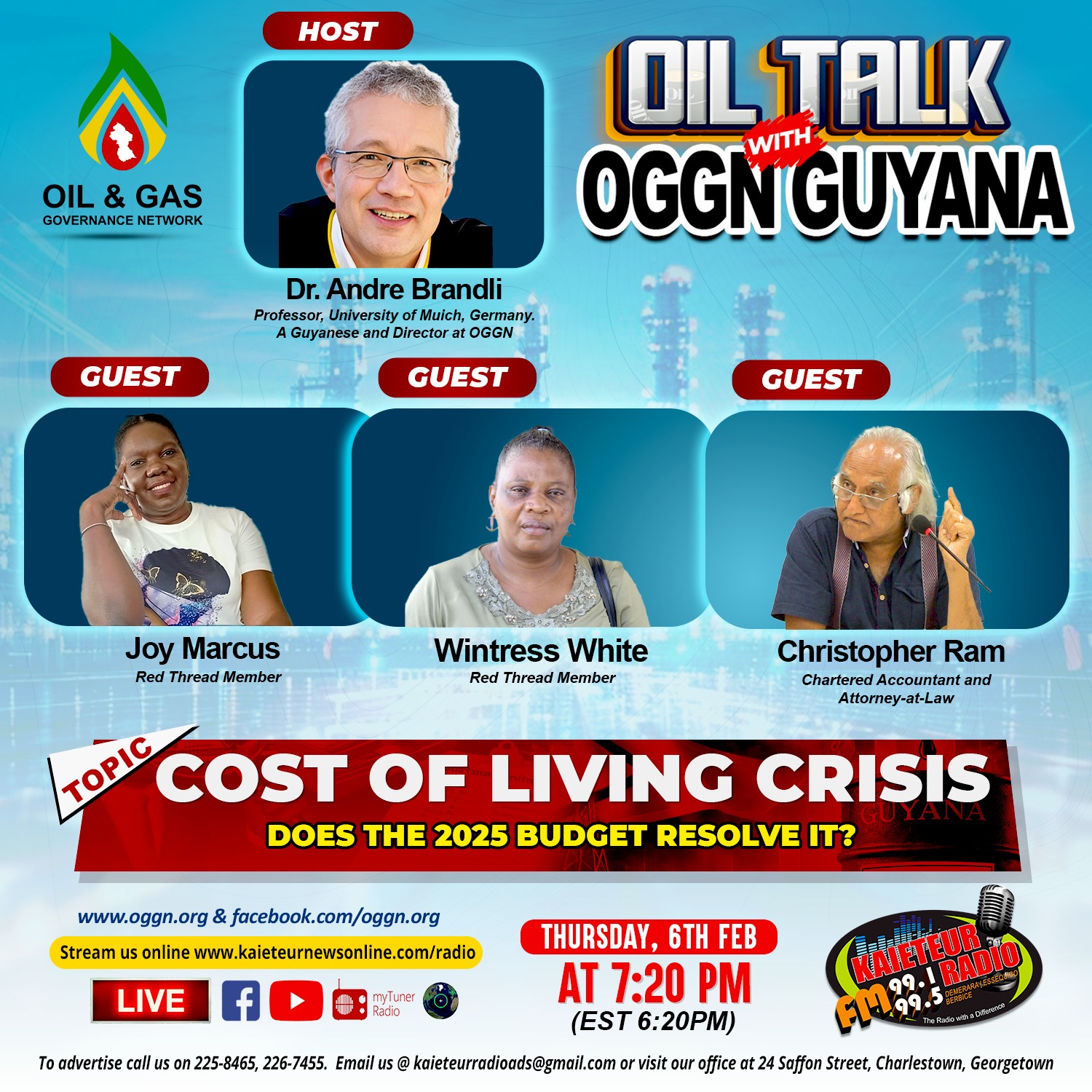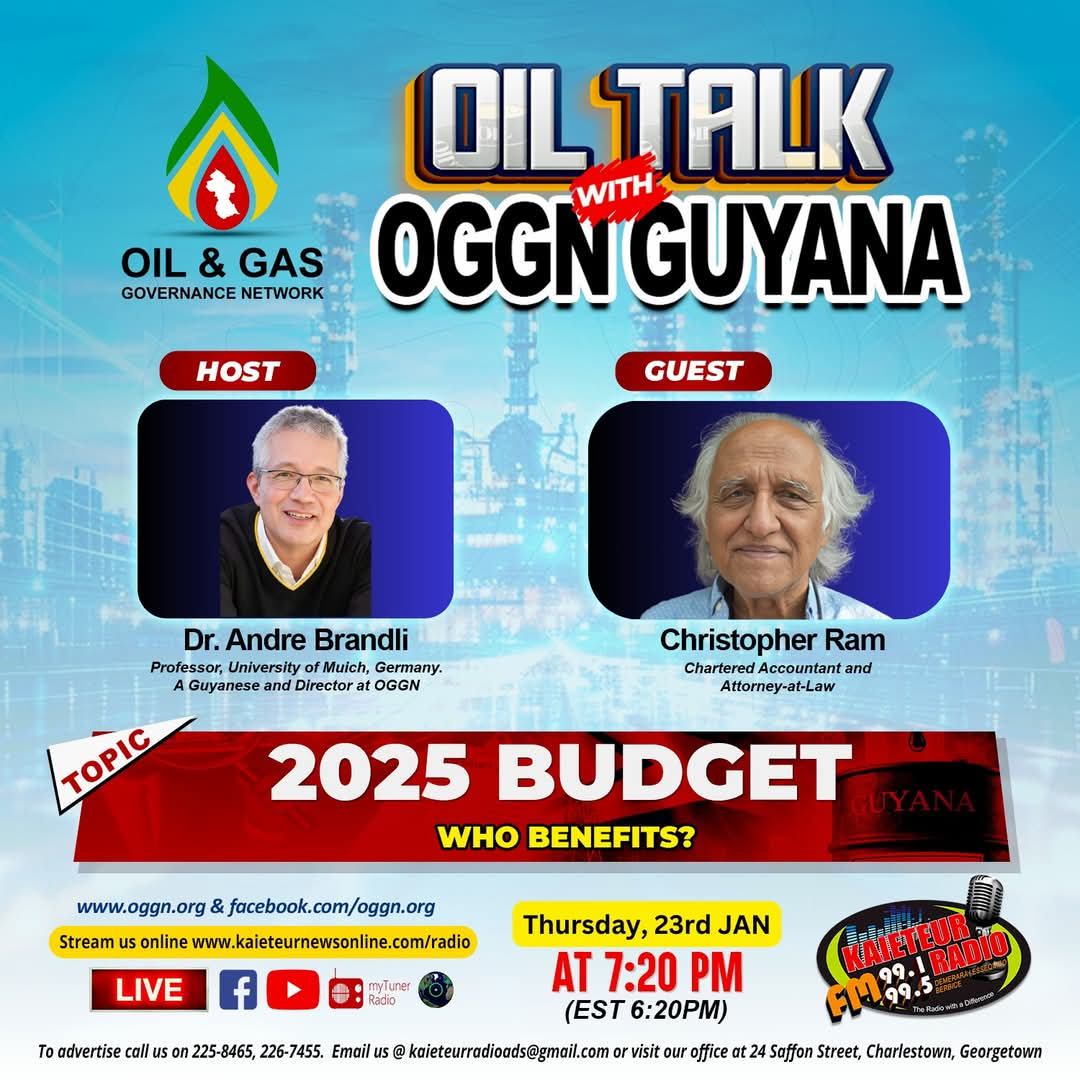1. What is the purpose of OGGN Guyana?
The purpose of OGGN Guyana is to help educate Guyanese on issues related to the oil and gas industry in Guyana. It aims to advocate for transparency, accountability and good governance in oil activities.
2. When was OGGN formed and why?
OGGN was formed in 2017 after the petroleum sharing agreement was signed by the Coalition government. It was formed by a group of patriotic Guyanese who wanted to analyze the oil contract and ensure Guyana benefits optimally from its oil resources.
3. What revenue share does Guyana currently get from its oil production?
Currently Guyana gets 14.5% of total oil revenue under the Stabroek Block Production Sharing Agreement (PSA) with ExxonMobil and partners.
4. What’s Guyana’s share in the revenue sharing model proposed by OGGN Guyana?
The OGGN proposed gross split model recommends 55 barrels out of every 100 barrels produced should go to Guyana.
5. What are some advantages of the current PSA model?
Some advantages are the rapid development of offshore oil fields by Exxon, no requirement for pre-financing by the government of Guyana, and oil revenues start to rolling in faster than compared to neighboring Suriname.
6. What are some disadvantages of the current PSA model?
Disadvantages include no ring-fencing, no taxation of Exxon, fast cost recovery for Exxon, and auditing challenges for Guyana.
7. How can Guyana bring Exxon to renegotiate the current PSA?
Suggestions include slowing down permits, requiring more time for work permits, highlighting tax issues, and having Exxon leadership come to Guyana to negotiate directly.
8. What does OGGN recommend regarding taxation of Exxon?
OGGN recommends Guyana sign the OECD agreement for a minimum 15% corporate tax, as done by most CARICOM members.
9. How does GDP per capita negatively impact Guyana currently?
The high GDP per capita due to oil revenues means Guyana is seen as a high income country, making it difficult to get low cost loans.
10. What measurement does Dr. Hunte recommend using instead of GDP per capita?
Instead of GDP per capita, Dr. Hunte recommends using Gross National Income as the measurement.
11. What is the difference between oil production and oil extraction?
Oil production involves manufacturing something new, while extraction simply removes resources that already exist naturally.
12. How can Guyana independently verify oil production levels?
Suggestions include having teams on the FPSOs to monitor and having electronic monitoring systems based in Guyana.
13. What is the concern with relying on audited financial statements from Exxon?
The audits are done years later, so do not provide real-time information on production and costs.
14. What is the benefit of the gross split model for Guyana?
The gross split model based on barrel counts is simple, transparent and does not require complex auditing capabilities.
15. What is the role of radio program “Oil Talk with OGGN Guyana”?
The radio program aims to provide unbiased information to the Guyanese public on oil issues and engage in constructive dialogue. Oil Talk is broadcasted life every other Thursday evening at 7:20 PM (Georgetown Time) on Kaieteur Radio as well as on Facebook and Youtube. The programming and editorial responsibly for Oil Talk is with OGGN Guyana.







